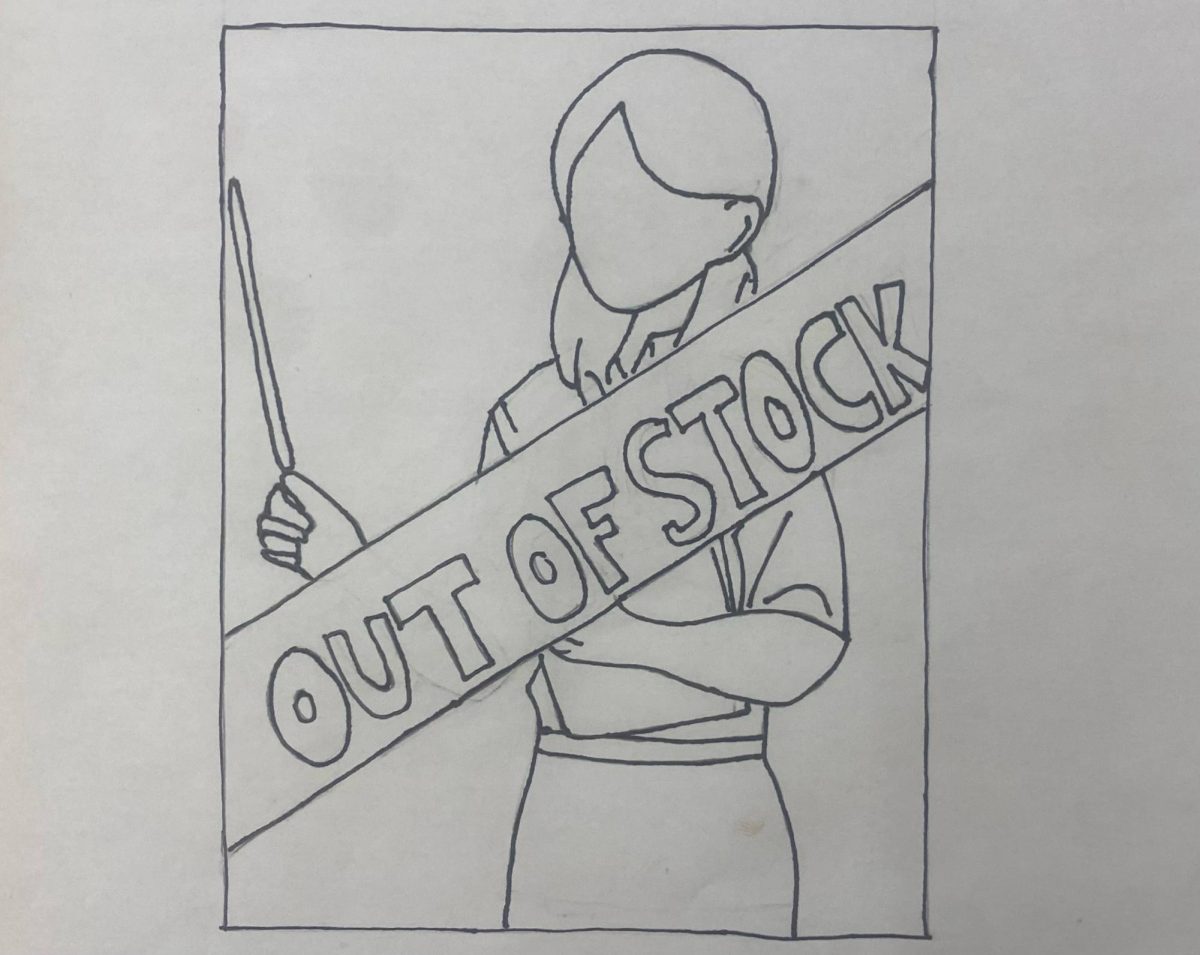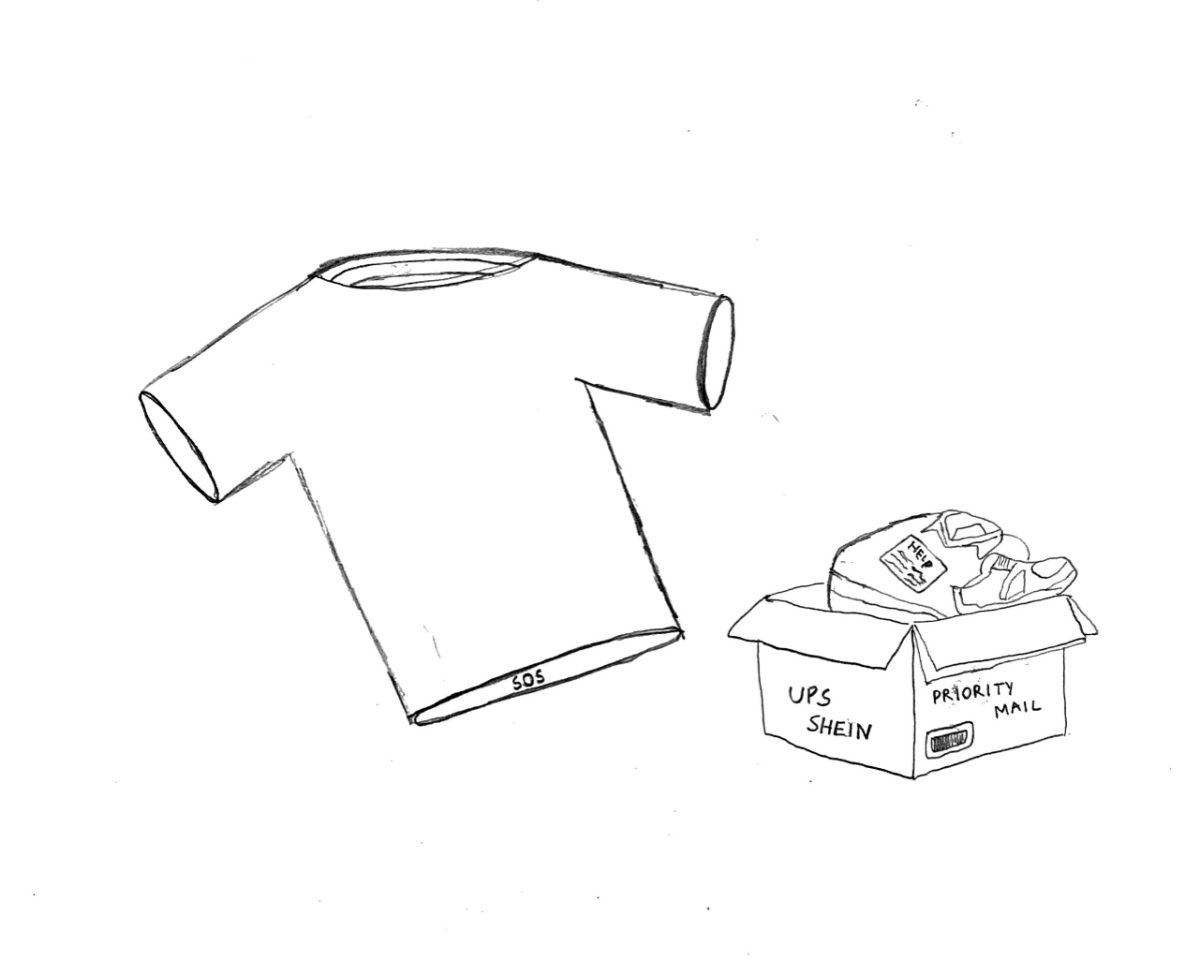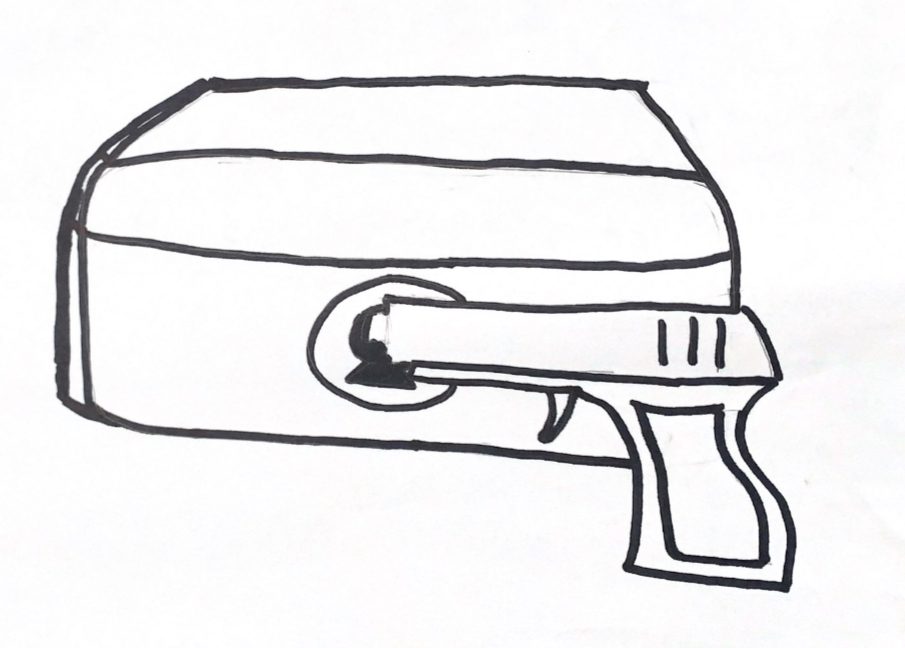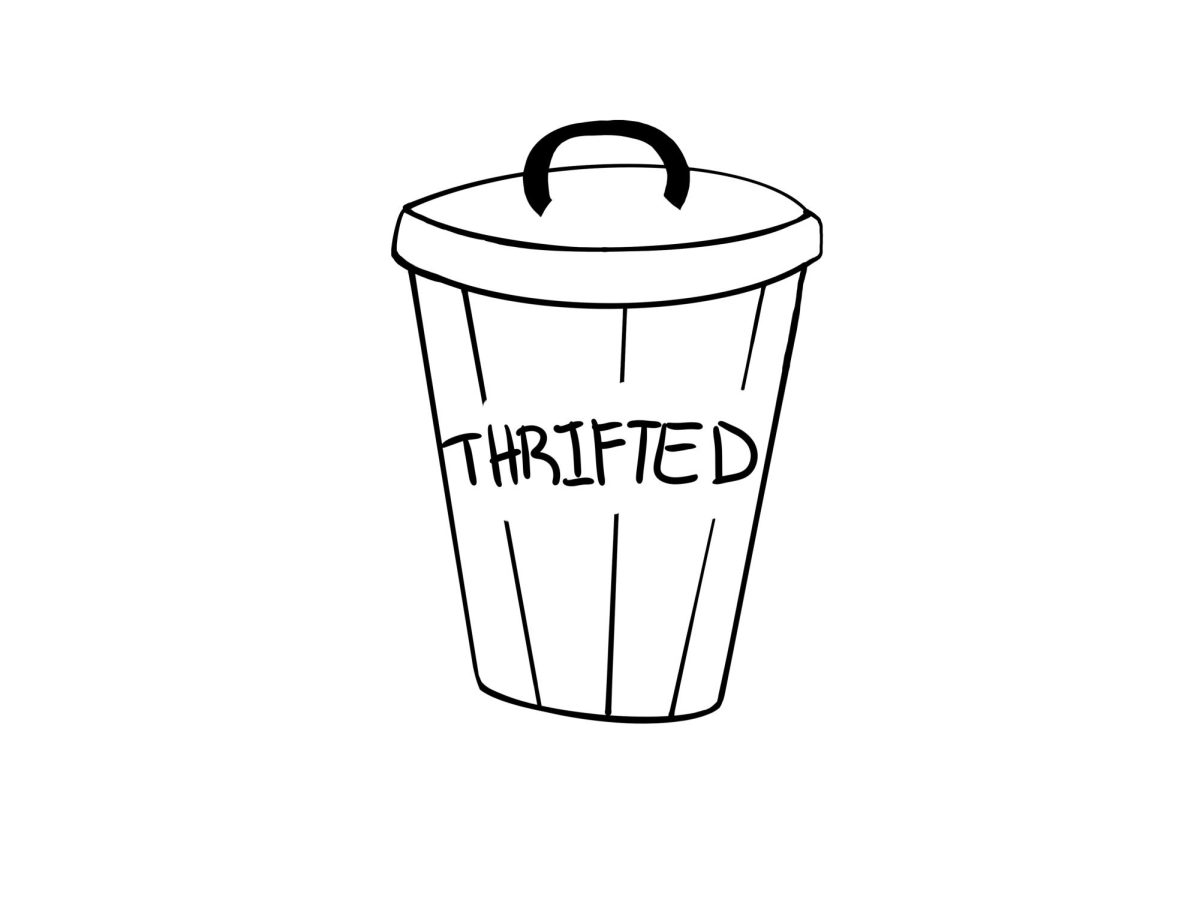Something needs to be done about sexual assault on college campuses. According to a 2007 National Institute of Justice study, twenty percent of women will be sexually assaulted in college, as will six percent of men.
The U.S. Department of Education recently released the names of 55 colleges currently facing investigations for violating Title IX, a gender equity law, regarding mishandling of sexual assault cases.
The schools range from the University of Michigan at Ann Arbor to Swarthmore College to Southern Methodist University to Harvard College. Four colleges are from California: the University of California at Berkeley, University of Southern California, Butte-Glenn Community College District, and Occidental College. It’s daunting for any prospective student.

A dozen members of the House of Representatives also decided to take action by sending a letter to the U.S. News & World Report asking them to include sexual assault statistics in their annual college rankings.
Rep. Jackie Speier, D-CA, the leader of the campaign, said she was surprised to learn during a visit to the University of California at Berkeley—ranked #20 in the National Universities category in the 2014 U.S. News & World Report college rankings—that the university does not have rape kits at its campus medical facilities.
The university, located a mere half-hour away from Redwood, is famous for its progressive policies. So if Cal doesn’t have rape kits on campus, and is under investigation for violating Title IX, how are victims treated at other campuses?
Having sexual assault statistics affect college rankings may seem like a great idea at first. In a world where colleges deal responsibly with cases of sexual assault, connecting sexual assault to college rankings would be a fair and useful criterion. Personal safety, after all, should be a concern for any prospective student. However, with 55 colleges under investigation for allegedly poorly handling cases of sexual assault, this is not currently the case.
From sending mass emails encouraging prospective students to apply to increase application numbers to lying about average SAT scores, colleges have been known to take desperate measures to protect their precious rankings. For better or for worse, many students use rankings like those of the U.S. News & World Report to determine their college decisions.
Tying sexual assault statistics to college rankings will only further encourage colleges to sweep sexual assaults under the rug in order to protect their image. Fewer than five percent of attempted or completed rapes that occur at colleges are ever reported, according to the National Institute of Justice, and when they are, victims are frequently not supported.
Columbia University, ranked #4 by U.S. News & World Report, is one of the latest colleges to be hit with public sexual assault claims. Students filed three separate complaints with the U.S. Department of Education’s Office of Civil Rights against the university and the affiliated Barnard College, alleging mistreatment of assault claims and mishandling of victims.
The students claim that those found to have committed sexual assault are rarely expelled, and generally face lighter punishments like a semester’s suspension before returning to the college. They also allege that administrators tell victims that they cannot discuss their cases outside of the college’s disciplinary process and that college counseling services discourage students from reporting sexual assault or harassment.
The goal should be greater transparency, not less. Instead of factoring sexual assault statistics into college rankings, something sure to encourage colleges to put more pressure on victims to not report their attackers, the U.S. News & World Report should link viewers to websites like notalone.gov, a new website created by the White House Task Force to Protect Students from Sexual Assault, dedicated to assisting sexual assault victims and spreading knowledge of the sexual assault problem at colleges.
High rates of sexual assault could potentially negatively affect a college’s ranking. But that doesn’t necessarily mean that college has more sexual assaults than a college with lower rates. It may just mean that more people at that college report their assaults.
The government should continue its new trend of making college sexual assault data public. Any prospective or enrolled student has the right to know whether the college they are attending has a satisfactory or poor track record in handling sexual assaults. However, we must keep in mind that attempting to increase transparency through outside organizations like U.S. News & World Report could potentially lead to more trauma for sexual assault victims and less accurately reported data.

















